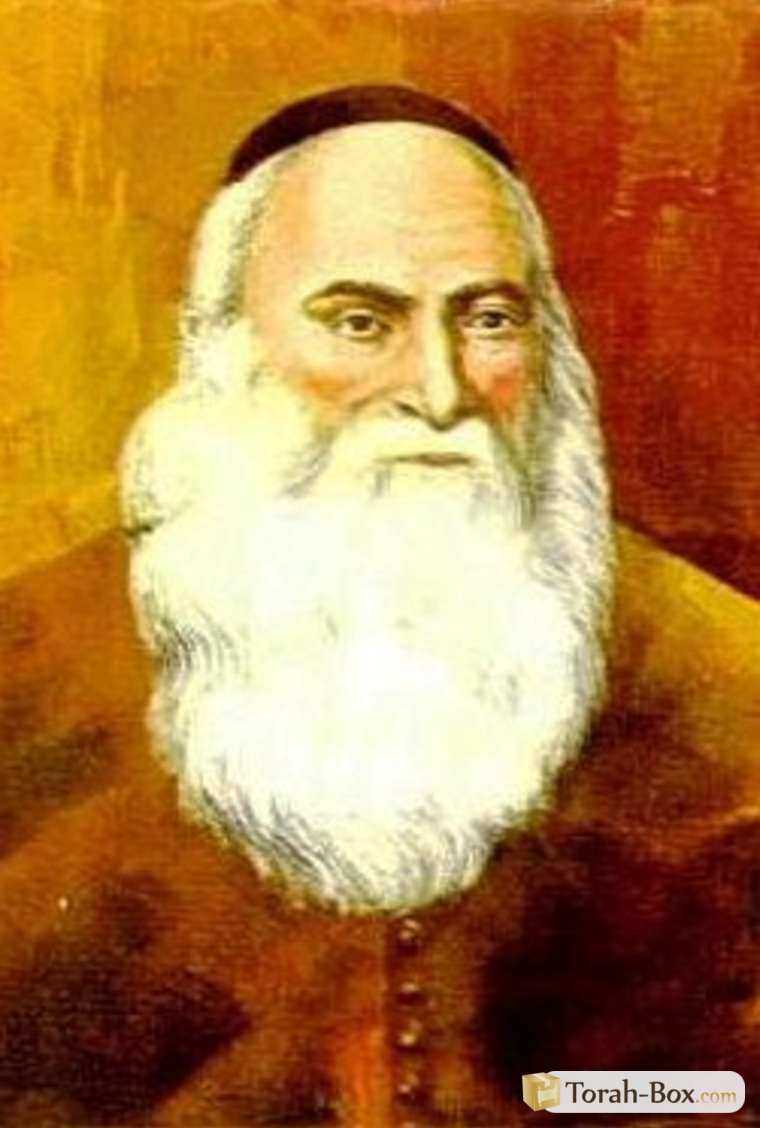Difference between revisions of "Isaac Abrabanal (1437-1508)"
Tao alexis (talk | contribs) (Created page with "'''Isaac Abrabanel''' (b.1437) was a Jewish statesman, philosopher and Bible commentator born at Lisbon, Portugal. King Alfonso V soon recognised his unusual political abilit...") |
Tao alexis (talk | contribs) |
||
| Line 1: | Line 1: | ||
| + | [[File:Isaac Abrabanal.jpg|right|490px|thumb|]] | ||
'''Isaac Abrabanel''' (b.1437) was a Jewish statesman, philosopher and Bible commentator born at Lisbon, Portugal. King Alfonso V soon recognised his unusual political abilities and made him his treasurer, a position he held until the reign of John II. After being accused of conspiracy, however, he fled to Castile in 1483. He retrieved his fortunes in Toledo and gained the royal favour, but was again forced into exile in 1492, when Ferdinand and Isabella banished the Jews from Spain. | '''Isaac Abrabanel''' (b.1437) was a Jewish statesman, philosopher and Bible commentator born at Lisbon, Portugal. King Alfonso V soon recognised his unusual political abilities and made him his treasurer, a position he held until the reign of John II. After being accused of conspiracy, however, he fled to Castile in 1483. He retrieved his fortunes in Toledo and gained the royal favour, but was again forced into exile in 1492, when Ferdinand and Isabella banished the Jews from Spain. | ||
Revision as of 15:35, 20 April 2023
Isaac Abrabanel (b.1437) was a Jewish statesman, philosopher and Bible commentator born at Lisbon, Portugal. King Alfonso V soon recognised his unusual political abilities and made him his treasurer, a position he held until the reign of John II. After being accused of conspiracy, however, he fled to Castile in 1483. He retrieved his fortunes in Toledo and gained the royal favour, but was again forced into exile in 1492, when Ferdinand and Isabella banished the Jews from Spain.
He next established himself in Naples, but three years later lost all his possessions when the city was captured by the French. After a period of wandering from one city to another, he settled finally in Venice, where he was employed by the Republic in the diplomatic service.
Abrabanel's fame rests on his scholarship and especially his explanatory commentaries on nearly all the books of the Old Testament. Departing from the usual method of interpreting words and phrases, he looked at each book of the Bible as a whole, and considered its teachings in the light of political and economic conditions of the time. His works are popular with Jewish and Christian theologians. His books on salvation express his belief in the coming of the Messiah. He died in Venice in 1508.
